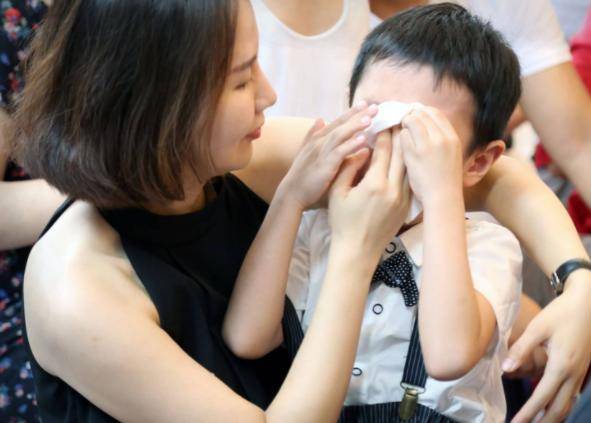At around three months old, babies will begin to suck their fingers involuntarily. This behavior is often seen as a normal part of the growth process by many parents and thus may not receive enough attention. However, in reality, the habit of finger-sucking in babies may have hidden implications, so parents should pay attention and guide correction in a timely manner.
Behind the act of a baby sucking their fingers, there are various motivations, including both psychological factors and manifestations of physiological needs. For example, babies may self-soothe with finger-sucking when feeling hungry or bored, and artificially fed infants seem to be more inclined to finger-suck compared to breastfed babies. Additionally, if parents lack companionship due to busy work schedules, children may resort to finger-sucking to alleviate inner anxiety and loneliness.
To help babies reduce this behavior, parents can take the following measures:
– During breastfeeding, mothers should provide more intimate contact and warm eye contact, creating a cozy atmosphere. – When bottle-feeding, choose a suitable nipple size to ensure that the baby can fully satisfy their sucking desires. – Regardless of the feeding method, maintaining a relaxed and pleasant atmosphere during feeding is crucial. Avoid transmitting tense emotions to the baby to prevent an increase in finger-sucking due to perceived stress. – After the baby wakes up, interact with them promptly to prevent boredom and subsequent finger-sucking due to prolonged periods of solitude. – When discovering the baby sucking their fingers, subtly use toys or other items to attract their attention and gently guide them, avoiding harsh reprimands or forced intervention.
In conclusion, parents should value their children’s behavioral habits and not neglect parent-child companionship no matter how busy work may be. Children have rich and delicate inner worlds, and they also crave closeness and understanding. Therefore, increasing time spent together, strengthening communication and interaction with children, is crucial for their healthy development.


